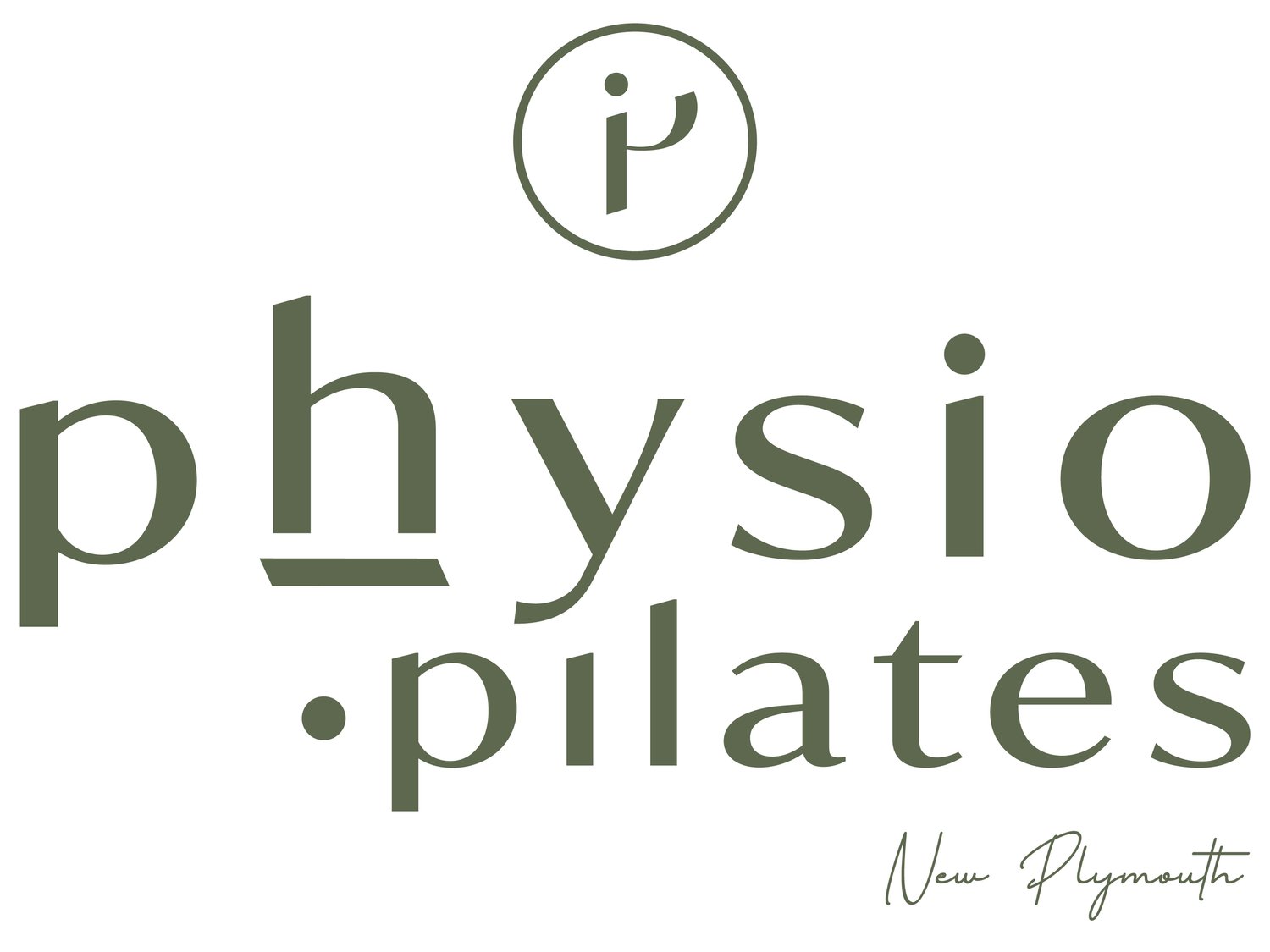Menopause Joint Pain and Injuries: A Pilates Approach to Management
As women enter the stages of peri-menopause and move into menopause and beyond, many may experience a range of injuries and joint pain that seem to emerge without any apparent reason. The connection between menopause and these unresolved issues is often overlooked. As a Womens Health Physiotherapist, I can’t help but wonder what the link is with changes in hormones and joint related aches and pains. I've noticed a surge in conditions like frozen shoulders, rotator cuff injuries, back pain, knee pain, plantar fasciitis, and fibromyalgia among clients seeking help at our Clinic. In this blog, we'll explore the link between menopause and joint health, and how Pilates can be an effective solution for women to help manage the symptoms.
During menopause, the changing levels of hormones like oestrogen and progesterone can affect inflammation throughout the body. However, what many may not realize is that declining oestrogen levels also impact joint health and integrity. This makes women more susceptible to midlife injuries and musculoskeletal problems, leading to difficulties in recovering from exercise.
Several injuries and conditions become more prevalent during menopause and post-menopause. Frozen shoulders, for instance, are 70 times more common in midlife women than in men. Rotator cuff injuries also tend to be higher in menopausal women, particularly those with higher body weight, cholesterol, and elevated blood sugar levels. Additionally, fibromyalgia, a condition affecting muscles and nerves, is becoming increasingly common in midlife women, with oestrogen deficit and low Vitamin D considered potential contributing factors.
At Physio Pilates we are passionate about providing the right management for women complaining of these issues. Pilates offers an excellent option for women going through menopause, not only for rehabilitation but also for regaining mobility, weight management and stress reduction/wellbeing.
Our top tips for anyone going through perimenopause and beyond:
1. Rediscovering Quality Sleep: Adequate sleep is crucial for healing injuries and reducing inflammation. Developing a regular sleep/wake cycle and implementing strategies to improve sleep quality will help you get the essential growth hormone needed for muscle and joint repair.
2. Diet: While we are not dieticians, we like a holistic approach to health and this includes your diet & how it needs to change throughout your lifespan. If you are unsure what specific nutrients you may need to be increasing through this period then please seek help from your GP, dietician or nutritionist to aid in healing and increase your energy levels. Generally a high protein, nutrient dense diet that’s low on carbohydrates is adviced.
3. Low Impact Exercise: Our Reformer Pilates Studio is a great option for low impact strengthening, lengthening, and releasing tension within the body. You'll promote muscle growth (which rapidly declines after the age of 35:( and manage aches/pains without adding stress to your joints, ultimately helping your joint and muscle health.
4. Hormone Replacement Therapy (HRT): once a controversial suggestion, HRT is now a much safer option for women experiencing the debilitating side effects of perimenopause. Speak with your Doctor about your options to see whether this could be an option for you to help combat these symptoms.
5. Stress Reduction: Stress is a constant companion for women in midlife, which can exacerbate menopausal symptoms. Cortisol (stress hormone) robs you of the components essential for natural production of progesterone. Other ways to reduce stress levels can be exercise (especially a morning walk out in nature, it helps improve improve sleep too).
Pilates, with its focus on gentle movement, strength-building, and injury management, is an excellent solution for women in midlife. Get in touch with us if you would like to know more about our Class options. Or if you are experiencing joint aches/pains or pelvic health issues then book in with our lovely Physiotherapist Natalia who can get you on track to a happier, healthier you.
Reference:
Hormone Repair Manual,
Every Woman’s Guide to Healthy Hormones After 40
Dr Lara Briden
